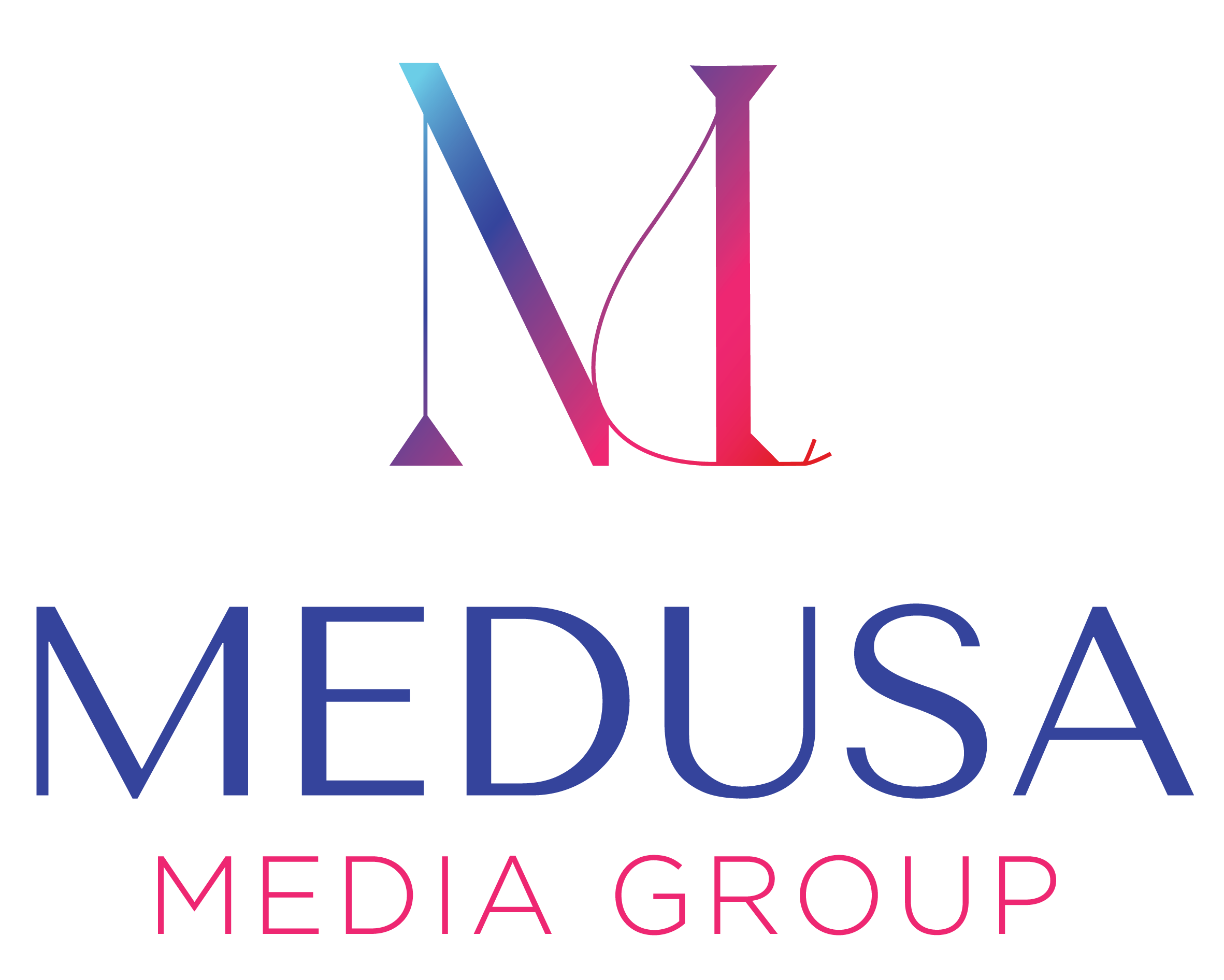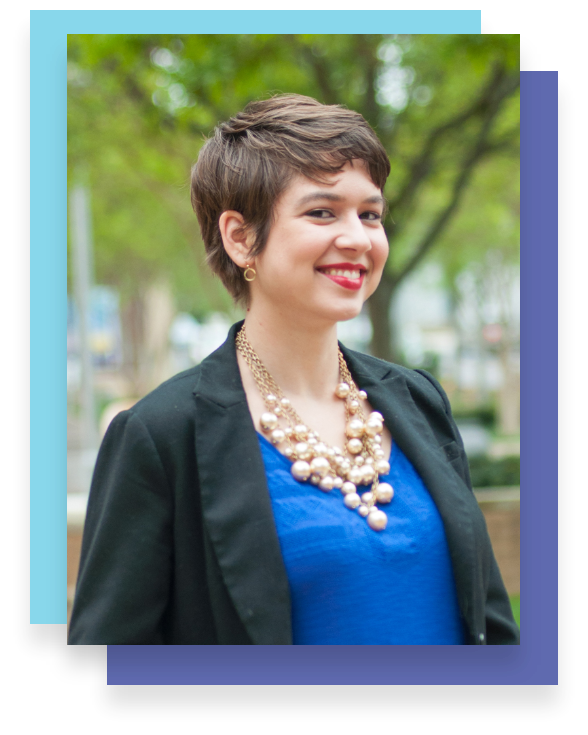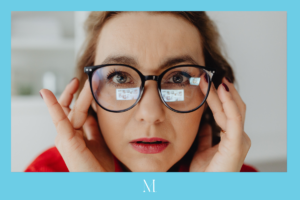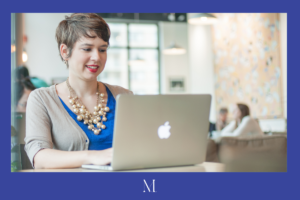I had a reputation in my family growing up for doing stuff like opening the fridge, staring at it for two seconds, and asking out loud, “is there anything to eat?”
“Uh, did you look?”my mom would ask.
No, I hadn’t looked. I didn’t try very hard – at all – to find the answer to my own question. Because why spend my time finding the answer when someone else could just tell me?
When I got my first job I fell into the same habit. I would ask my coworkers how to do something, instead of putting in time to figure it out myself.
After about a year on the job, I started answering the company’s customer service email. One time the company got an email asking, “what is vitamin C good for?” I vented to my coworker and he sent me this: http://www.letmegooglethat.com/ which is exactly how I felt.
It made me laugh, but of course I didn’t send it to the customer.
(Nor did I see the irony of my own frustration at the customer, and my own behavior towards my coworkers.)
Can you answer your own question?
It finally dawned on me that it creates unnecessary work for other people to ask questions when I could find my own answers. So I’ve made myself get in the habit of researching my own answers before I ask. In fact, if I think about my professionally immature self versus me today, a BIG difference is that I try to find the answers to my own questions.
I screw up and forget or get lazy sometimes (in fact, I just thought of a question I planned to ask my colleague that I haven’t tried researching yet #hypocrite). But I know how it feels to be asked about vitamin C in a customer service email. I don’t want to make anyone else feel that way.
Because this is what it feels like: I don’t feel like spending the time to figure this out so I’ll just ask this other person to spend her time either explaining it to me or figuring out the answer so she can explain it to me, because her time is definitely less full and valuable than mine.
Ugh. Yuck!
On the other hand, consultants and coaches and experts are… experts. It makes sense that they would be able to answer your question quickly and easily in much less time than it’ll take you could wade through the jargon and terminology. The expert will have good analogies and examples to help you understand. Plus, it’s her job to answer your questions (especially if you’re paying her)!
Can you answer your own question in 2 minutes or less?
So yes, sometimes you can’t answer your own questions. But it’s worth trying to find the answer yourself. Because in the seconds it takes to Google your question and scan the results, you might:
- Learn possible solutions that you can mention to your consultant/coach/expert as a starting point
- Discover that there are many answers to your question, and you can ask for insights or feedback from the professional
- Convey to your expert that you value her time and expertise.
Even if you just use David Allen’s 2 minute rule for finding your own answers, you will be more prepared, knowledgable and self-sufficient in doing so. And then it’s great to ask for an expert opinion or feedback! But you can try to start your own homework before you ask for help, you know?
And I get it… it’s hard, because you have a zillion important things on your plate and even 2 minutes spent Googling a question when you just want someone to TELL YOU THE ANSWER seems impossible (even though, if you’re like me, you just spent two minutes mindlessly scrolling through Instagram).
But… you’re not a special snowflake. Everyone feels that way! And we all do each other a respectful and compassionate service by trying to answer our own questions before sending that question in an email.
This post is part of my 100 Blog Posts in 100 Days series. View the rest here.





